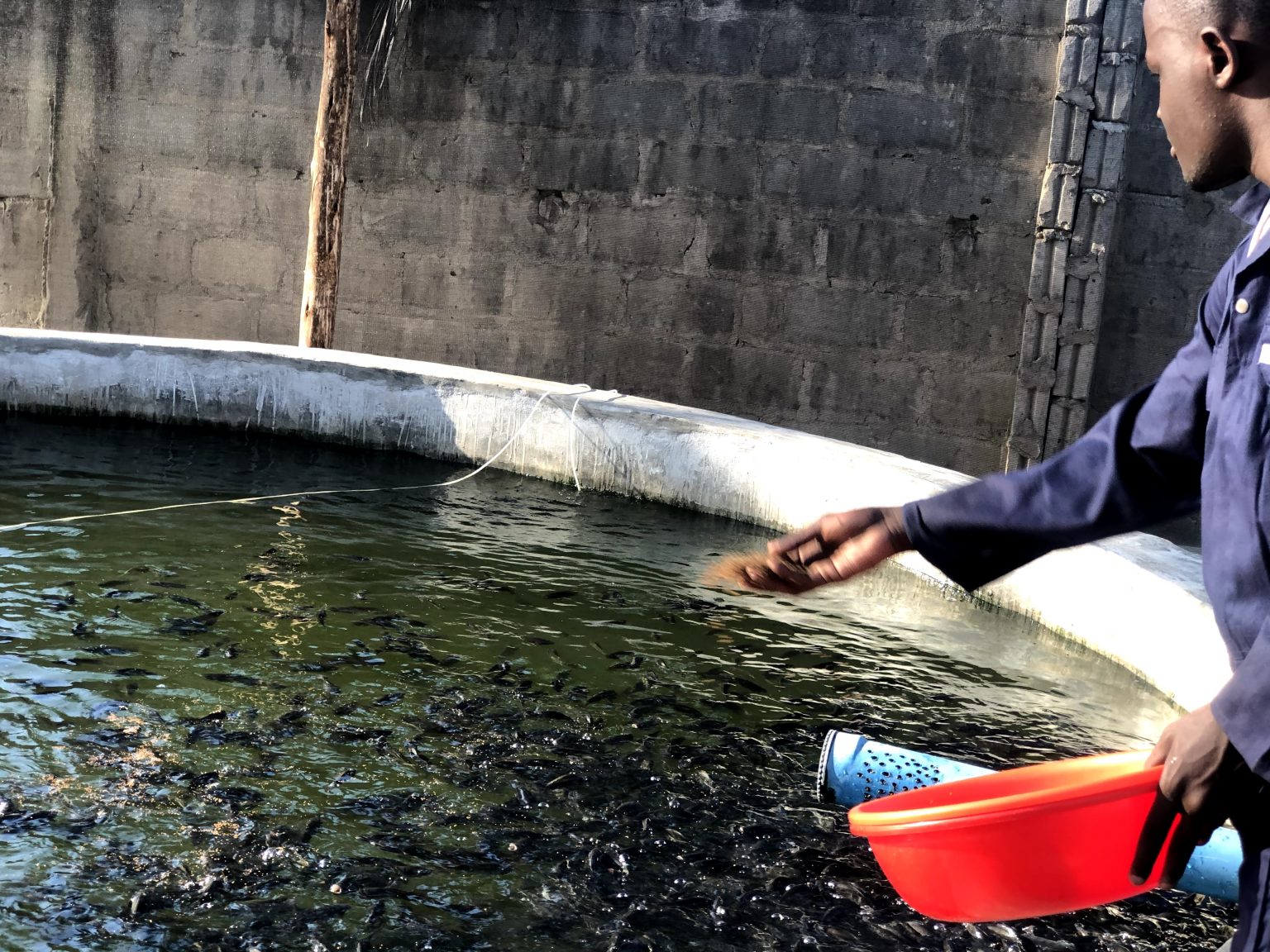Tanzania is blessed with plenty of water bodies, from the vital Ruvu, and the Indian Ocean to the great lakes—Tanganyika and Victoria. These rich water-bodies have also served the nation of more than 55 million a rich blend of aquatic organisms for dietary and business needs.
Aquaculture is taking new ground in Tanzania, and more young people are taking an interest in it. Aqua-Farms Organization (AFO), a local fishery NGO based in Dar es Salaam, is one of the platforms utilizing aquatic resources for possible business and professional opportunities.
As the window of job opportunities gets slimmer, organizations such as AFO with a human capital of more than 20 youth, provide a decent and interesting line of a career that caters for multiple demands across communities, economic and health factors being the top priorities.
READ:Tanzania set to import fishing gears after change of heart
The fisheries landscape in Tanzania
According to the Ministry of Livestock and Fisheries in the financial year 2018/2019, the ministry collected over $12.9 million and exceeded its target of about $9 million by 140 per cent. The score was attributed by collections from export licenses, import licenses, export, and import royalty and fines—emanating from fishing law violations.
Ministry records show aquaculture being domesticated and fish ponds increasing across Tanzania. There are over 26,000 fish ponds in Tanzania (state-owned and privately run), which produced over 21,000,000 fingerlings (baby fish), in 2019/2020 equivalent to over 18,000 tons.
The Central Bank of Tanzania (BoT) monthly economic review for April shows that all major categories of non-traditional export increased, except manufactured goods, and fish and fish products—which was around $155 million, lower compared to over $174 million in April 2019.
From July 2019 to March 2020 more than 392,000 tons of fish were extracted by more than 200,000 fishers, with the cargo worth around $800 million.
So far, several strategies have been instituted by the ministry, to enhance stakeholders’ capacities on aquaculture, particularly on proper fish hatchery techniques, fish pond construction, management and harvesting. Further, the ministry has established guidelines on fingerlings hatchery, fish food production and feeding, and fish pond management.
The ministry undertook a major awareness blitz including 30 radio, 10 TV programmes and 22 documentaries on national television and circulated more than 1,100 publications to fisheries stakeholders nationwide.
The government has unequivocally addressed the inadequacy of high-quality fish and fingerlings and has called for the private sector to jump into the sector, hence—this means that AFO’s initiatives come to play.
READ:What Tanzania’s 2020/2021 budget says
AFO Fish farming
Born on the grounds of University of Dar es Salaam AFO has been a satisfying symbol of domesticating the aquaculture business among learned young people in Tanzania.
Being a youth-led organization AFO is faced with a profitable yet complex task ahead—which is to capitalize on the domestic market which is still consuming fewer fish products. An average Tanzanian consumes only 8.5 kilograms of fish products per year, far short of 20.3 kilograms recommended by the Food and Agriculture Organization (FAO).
“We set up AFO with a huge desire to have Tanzanians benefit from the vast aquatics resource,” said Jerry Mang’ena, AFO co-founder, who is also an Aquatic Sciences graduate from the University of Dar es Salaam.
READ:Tanzania to rake $43.8 million from livestock, fisheries sectors
Since its inception in July 2017, AFO has managed to build capacities of more than 1500 fish farmers on the best economical fish farm practices, and also assisted the establishment of 17 fish farming initiatives.
AFO mainly farms freshwater Nile tilapia which are market-desired, easy to farm (6 to 8 months) and tolerate harsh conditions compared to other species.
“Currently we have over 14,000 fish expected to be harvested in several coming weeks from now,” Mr. Mang’ena added.
According to AFO, the local market potential for tilapia is high, “USAID through Dalberg, a strategy and policy advisory firm in the US and the Tanzanian Ministry of Livestock and Fisheries state that the total addressable market of tilapia is US$380M which marks 108,000 tonnes a year,” Mang’ena said.
In that context, AFO expects to harvest four tonnes with a value at between over $12,900 and $17,200 with price per single unit ranging from $3.2 to $4.3 per fish.
As aquatic resources rely on the sustainability of the ecosystem for their survival, AFO has dedicated resources for restoration and protection of the ecosystem of the ocean and enhancing awareness.
The organization has restored mangrove vegetation—a crucial element in the marine ecosystem, and in collaboration with other farmers, has restored over 10,000 mangroves in two years.
To keep the restoration sustainable communities’ economic needs were also addressed, to ensure marine ecosystems are protected
“This replacement has gone parallel with supporting the community with alternative sources of income through beekeeping,” Mr. Mang’ena added.
The organization has brought vital partners including United States African Development Foundation (USADF) on board, and together AFO plans to set up a commercial tilapia hatchery with the capacity to produce 2,000,000 fingerlings a year, and tapping into the nationwide demand of 25 million fingerlings a year.
As an organization with 13 founding members, AFO has fenced its operations around efficiency and professionalism, hence—for the past three years the company has utilized its local and international partners, to fund eight staff learning opportunities, and this year a majority of the learned staff return (from abroad) to build upon the missing gaps such as mariculture, freshwater aquaculture, marine conservation and food security in the organization.
READ:Curbing illegal fishing needs private sector hand
